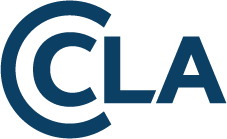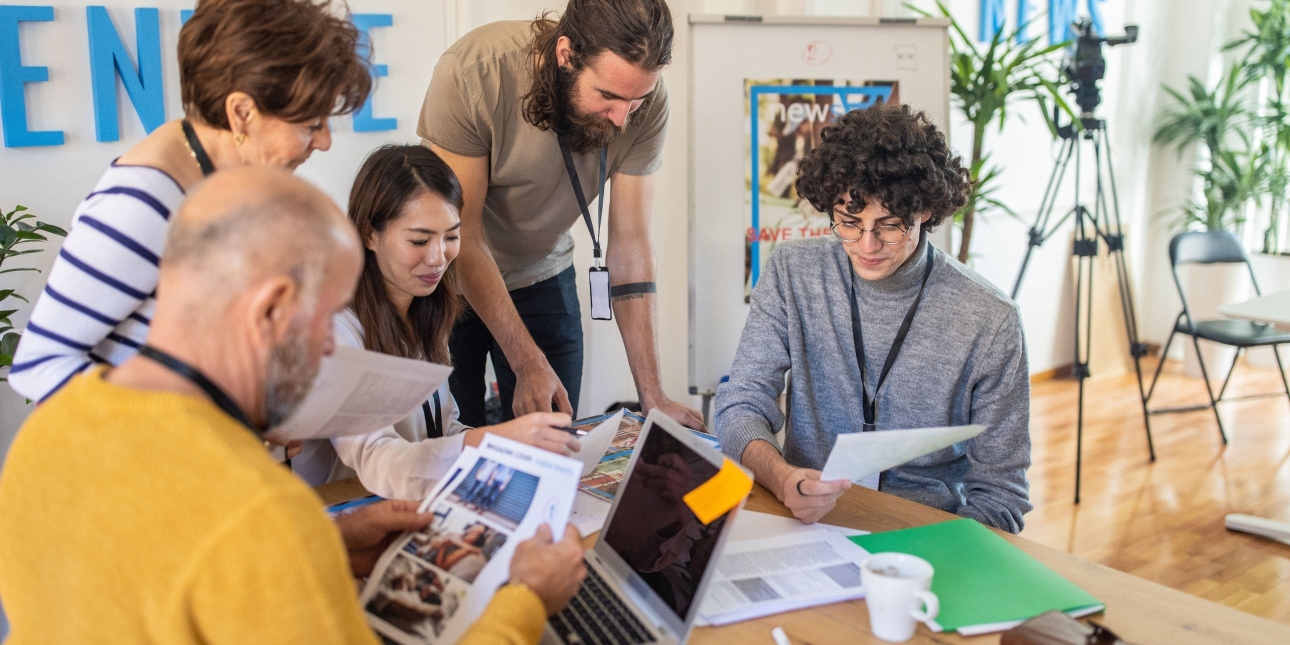
Understanding the strategic value of copyright licensing for the PR sector
Trevor Palmer, Director of Tank, showcases how CLA's Media Consultancy Licence (MCL) has played a role in refining Tank's operations, reinforcing ethical standards, and enhancing client service.

I was introduced to CLA through work with my clients and had an awareness of the rules of its licences, but not what it did with the money. There was, and I believe there still is, a perception in my industry that CLA and others like it exist merely as licence policemen - just there to enforce licences and extract money.
I subsequently found out that this was not the case, and that CLA, like others for different licensed content, does a lot for the creators whose rights it seeks to protect and, of course, helps them to monetise their content. I also learnt that the organisation and its people are a mine of useful information that could help agencies and clients to work effectively within the boundaries of copyright.
The PR world has changed dramatically since I began working in 1997, mainly in the sense that the media and news is no longer the preserve of journalists and that we are all part-digital agency now.
As a PR consultant and now agency owner, it hasn’t been forgotten that I owe a lot to journalists for choosing to run the many thousands of articles from myself and my team on behalf of our clients. Yes, the articles were adding value to the publications, but it’s still a great working relationship that PR professionals and journalists enjoy when the thing works as it should. Therefore, we want to give back and having a CLA Licence is one way of doing that. It’s also worth mentioning that it does nothing to harm our reputation as a business in this field.
I like that we are respecting creators’ rights and in our own small way, encouraging a culture of innovation by helping the larger industry to reward creativity. By making our clients aware of the benefits of the CLA licences, we and our clients are promoting integrity in creative industries and safeguarding both the rights of creators and the value of their intellectual property.
In my discussions with some trade journalists in recent years, licensing has come up and they have commended us for willingly supporting it. It’s the same with some businesses, who are especially grateful that we can offer some background on the subject.
Our work in PR often involves sharing articles and news coverage with clients. The Media Consultancy Licence streamlines copyright compliance in these instances and means that we don’t have to spend a lot of time thinking about this now, as we know it's covered by the licence.
I believe that the ethical handling of coverage and adherence to copyright matters to a lot of people in our industry, and (where they know what licences are and do) clients too. It makes us look good to be licenced and to promote it to others, as people can see that we are looking after and supporting our complex media, knowledge and creative ecosystem. The publications have to exist for us to get coverage in them, and more than that - they have to thrive at least on some level to be good enough for clients to want us to get them into them. Licensing goes some way to ensuring that remains the case.
Read the full article from Trevor Palmer and learn more about how the CLA Media Consultancy Licence can help enhance your compliance.
You can also register your interest for our November webinar about the Media Consultancy Licence.
.gif)
